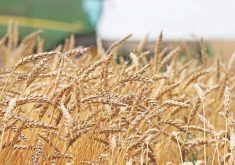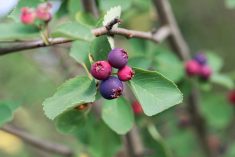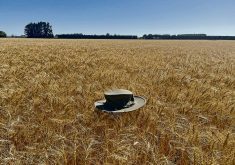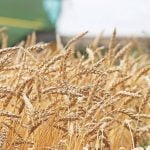Giant ragweed resistant to glyphosate is now confirmed to have reached 17 fields in southwestern Ontario, according to the makers of the herbicide’s best-known brand.
Monsanto Canada reported Monday that out of 57 fields in Essex, Kent and Lambton counties from which University of Guelph weed scientists collected giant ragweed populations last fall, 16 have now been confirmed with glyphosate-resistant giant ragweed, on top of the lone field first spotted in the region in late 2008.
“As was the case in our initial finding on a field near Windsor in 2008, we have been able to demonstrate that plants from the populations of giant ragweed we collected in 16 of the 57 fields survived when they were sprayed with glyphosate in the greenhouse,” Guelph weed scientist Francois Tardif said in a Monsanto release.
Read Also
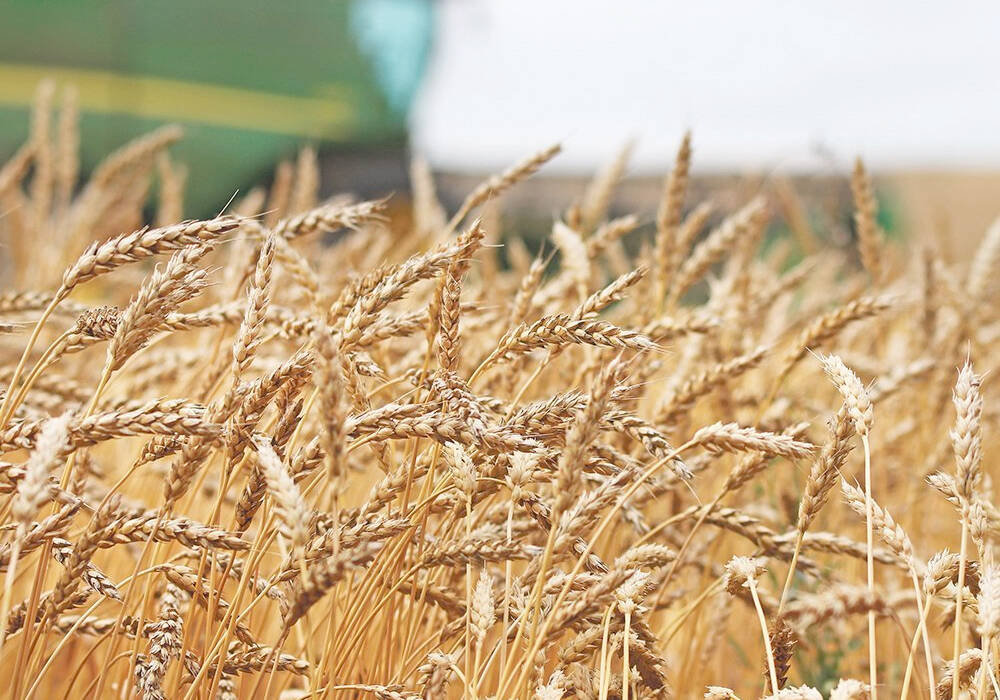
IGC raises 2025/26 world grains forecast to record 2.5 billion tons
Global grain production is rising faster in the 2025/26 season than previously forecast and stocks also look set to climb this season, the International Grains Council said on Thursday.
All resistant populations from this survey, as well as the 2008 case, were located in Essex County, the company said. Ragweed samples from the 41 other fields were found “effectively controlled” with glyphosate.
While over 30 other species of weeds in Canada have developed herbicide resistance, glyphosate-resistant giant ragweed continues to be the only weed to be confirmed as glyphosate-resistant in Canada, Monsanto emphasized.
Elsewhere in the world, Monsanto said, 20 weed species, giant ragweed included, have been confirmed as resistant to glyphosate. Of those, the company said, 10 species are in the U.S.
“All of these glyphosate-resistant weed biotypes have been managed with other herbicides and cultural practices,” said the Winnipeg company, whose with its parent firm markets the Roundup brand of glyphosate and the Roundup Ready genetics used to breed glyphosate tolerance into various crops.
“With the 2010 field research findings, we have a plan in place to follow up with the growers in order to relay the findings and more importantly, suggest solutions for control,” Mark Lawton, Monsanto Canada’s technology development lead for the East, said in the company’s release.
“It is also important for the researchers to gather field history that may help explain the presence of this resistance in the impacted fields.”
Some crop management practices that can increase the risk of resistant weeds developing, he said, thus “we strongly recommend farmers scout their fields, follow sound crop rotation practices and use additional modes of action that complement the Roundup Ready system to control problem weeds and reduce the likelihood of developing resistance.”
“Where crop rotation occurs, familiar herbicides such as 2.4-D in winter wheat and dicamba based herbicides in corn are very effective at controlling these glyphosate-resistant populations of giant ragweed,” Guelph weed scientist Peter Sikkema said in the same release. “Our current research is focused on solutions to manage these populations in soybean production.”
Monsanto noted dicamba-tolerant soybeans are already in its research and development pipeline but aren’t expected to be commercially available until 2014.



